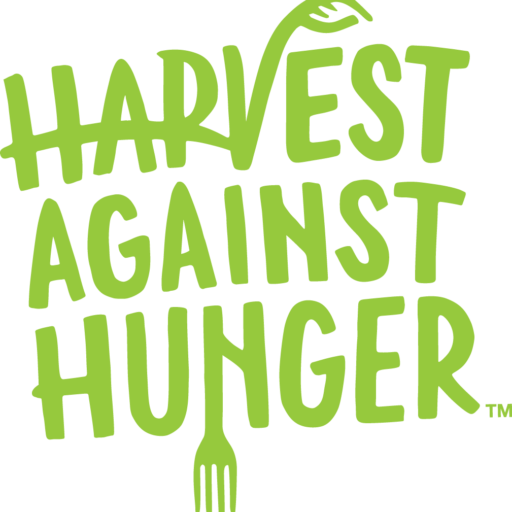The Olympic Peninsula Food Web
17 May 2018, by David Bobanick in Harvest Blog, Harvest VISTA, Washington stateAmeriCorps Vista member Sharah works out of the WSU Extension Office in Clallam County in Western Washington. The main focus is on the gleaning program, which last year gleaned over 50,000 lbs of food in the community. Another focus area is the Farm to Food Pantry Program which purchases needed produce from small farmers to go to the food bank.
When people learn that the Olympic Peninsula is just west of Seattle, their normal reaction is “I thought that was just water?” The peninsula is off of most folks’ radar even though it is home to the resplendent Olympic National Park, and an international border crossing, and was briefly famous as the cloudy setting of the Twilight Vampire Novels. Many people still think it is just water over here. Au Contraire! In its heyday, it was a large-scale fruit supplier to the population of Seattle, thanks to the rich soil and rain shadow climate. It is also the namesake of the famed Dungeness crab, caught out near the Dungeness Spit. Yet despite the cornucopia of natural resources and amazing foodie cred, the peninsula also has widespread poverty and hunger. Though it is technically connected to the mainland, it is for all practical purposes, an island, with all the advantages and disadvantages that come with island life.

In the ten years that AmeriCorps VISTA Gleaning Coordinator Sharah Truett has called this explosion of moss, trees and mycelium home, she’s come to appreciate how threadbare the connection with the outside world can be. During intense windstorms the peninsula can get cut off from the mainland: fallen trees blocking the major roads, ferry traffic shut down, and the floating Hood Canal Bridge closed due to high waves. Like a spiders web loosely attached to its supports by only a few threads, the peninsula community is often just barely hanging on; which is why a having a strong internal support network is crucial.
Enter the Peninsula Food Coalition. This is a group of organizations on the peninsula that care about people, the land, and food. There is no membership fee. Anyone who shows up is welcomed with a handshake and some home cooking. Last week, this meeting was hosted in the beautiful Jamestown S’Klallam Tribes’ conference room, overlooking the bay. Many players were at the table: food bank managers, SNAP managers, healthcare providers, shelter managers, the local Land Trust, and more. Laughter was widespread, stories were shared, and burdens were unloaded so the group could think of creative ways to shoulder them together.
The conversation wandered through various food topics:
“How can we help?” asked the food bank manager upon hearing about the local emergency shelters financial woes.
“The tribe received funds to hire a traditional foods coordinator!” announced the tribal community worker to applause.
“Will everyone keep their ear to the ground for farmers looking to retire?” implored the Land Trust,” so we can step in and help preserve farmland before it is snatched up by developers.”
“Let’s practice an emergency food drop at a remote food bank,” encouraged the leader of a group of volunteer pilots,” In case of an earthquake, we want to help get food to the rural communities.”

For a tiny, out-of-the-way place, the peninsula is on the cutting edge of progressive emergency food policy. Perhaps because groups like this meet up once a month and talk and eat together. Today’s menu for the gathering included a twist on traditional food provided by the Jamestown S’Klallam tribe: steamed clams, bull kelp and cucumber salad with a tangy vinaigrette and nettle pesto pasta. Looking out on the shimmering bay, on the very spot the clams were harvested that morning, the group was reminded that there are also great advantages to being an island. An island has strong internal bonds; an island community builds and protects its web together.



